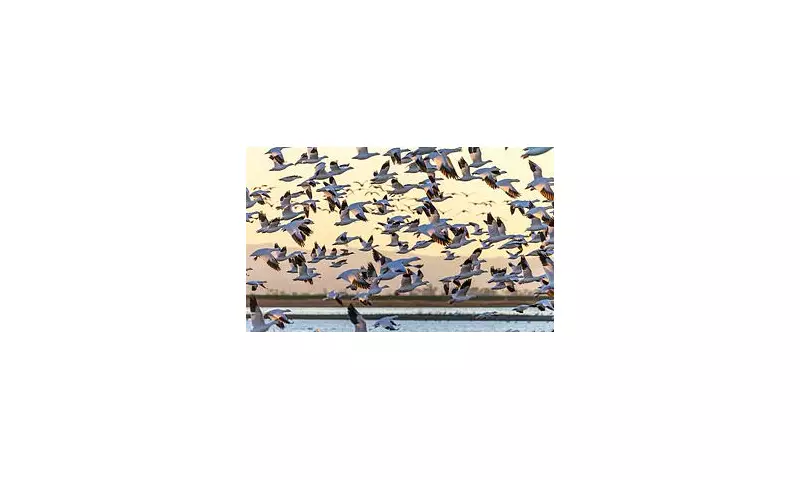
Something unsettling is happening in Britain's skies and woodlands. A quiet crisis is unfolding as birds across the nation are displaying bizarre behavioural changes that have left scientists deeply troubled.
The Silence That Speaks Volumes
Researchers are reporting an eerie phenomenon sweeping through bird populations: species that were once vocal and active are falling silent. The dawn chorus, that familiar symphony of birdsong that has greeted British mornings for generations, is growing noticeably quieter in many regions.
Dr Eleanor Vance, lead ornithologist at the British Trust for Ornithology, describes the situation as deeply concerning. "When birds stop singing, it's not just an absence of sound - it's an ecological alarm bell. Their silence tells us something is fundamentally wrong in our environment."
Abandoned Rituals and Changing Patterns
The behavioural shifts extend far beyond reduced vocalisation. Field observations have documented multiple disturbing trends:
- Nesting sites being abandoned mid-season
- Traditional migration patterns disrupted
- Reduced foraging activity and feeding behaviour
- Altered social interactions between species
What's Causing This Ecological Upheaval?
Scientists point to a complex web of environmental stressors that could be driving these behavioural changes:
- Climate disruption altering seasonal cues and food availability
- Habitat degradation reducing safe spaces for nesting and feeding
- Pollution affecting both health and communication
- Food chain collapse as insect populations decline dramatically
A Warning We Cannot Ignore
Professor Michael Thorne from Cambridge University emphasises the gravity of the situation. "Birds are our most visible environmental indicators. When they change their fundamental behaviours, they're sending us a message we cannot afford to ignore."
The research team has noted that these behavioural shifts aren't limited to rare or vulnerable species. Even common garden birds like sparrows, starlings and blackbirds are showing signs of distress, suggesting the problem is widespread and systemic.
The Path Forward
Conservation groups are urging immediate action, calling for enhanced habitat protection, reduced pesticide use, and greater public awareness of the silent crisis unfolding in our back gardens and countryside.
As one researcher poignantly noted, "The question isn't just what's happening to our birds - it's what their silence means for the future of our shared environment."





